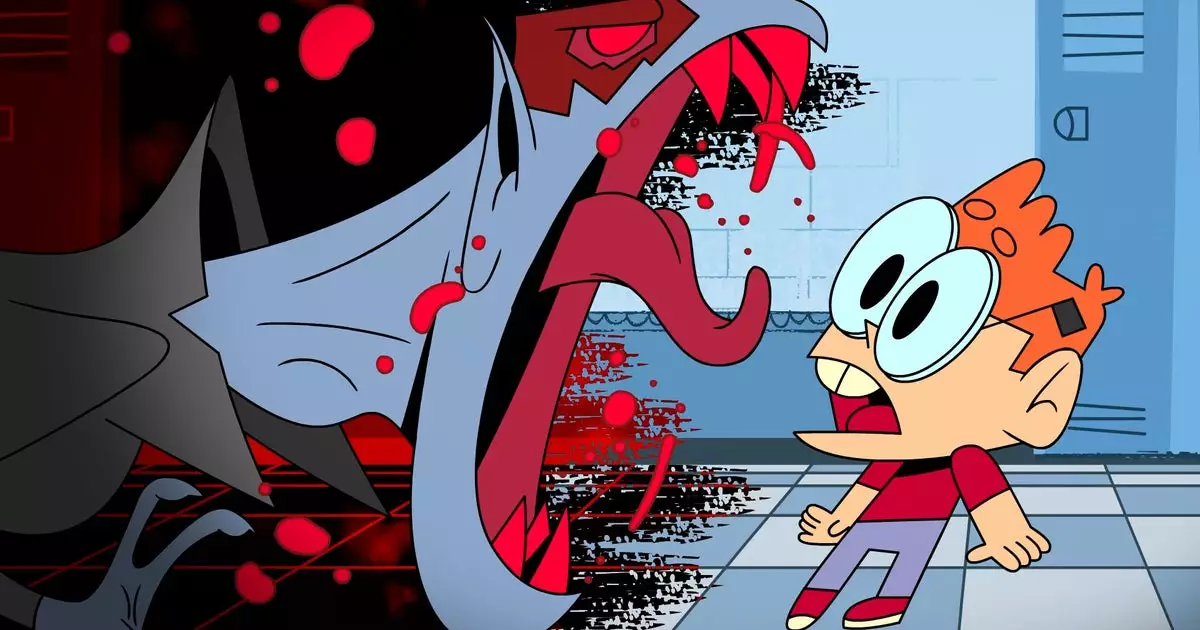The recent news of all 36 employees of Humble Games publishing being laid off has sent shockwaves throughout the gaming industry. The company’s claim of undergoing restructuring, rather than a full shutdown, has been met with skepticism from both former employees and industry insiders. The fact that Humble Games had not signed any projects for 2026 or 2027 raises serious questions about their long-term viability and sustainability as a publisher.
Former employees like Chris Radley have been vocal in disputing Humble Games’ characterization of the situation as a restructuring. Radley’s assertion that “this is NOT a restructuring of operations. This is a total shutdown of HumbleGames” paints a grim picture of the company’s true intentions. The decision to hand over operations to a third-party consultancy further supports the idea that Humble Games is indeed closing its doors for good.
The ripple effects of Humble Games’ collapse are far-reaching. Not only have 36 individuals lost their jobs, but indie development as a whole may suffer as a result of this shutdown. With parent company Ziff Davis citing challenging economic times for indie game publishing as the reason for the closure, it’s clear that the industry is facing significant challenges. The lack of interest from potential buyers when Humble Games was put up for sale twice before speaks volumes about the current state of affairs in the gaming world.
As we reflect on the downfall of Humble Games, it becomes evident that there were warning signs along the way. The company’s failure to secure projects for the future, coupled with a history of layoffs, paints a worrying picture of mismanagement and poor decision-making. The game industry, like any other, is subject to volatility and uncertainty. Companies must navigate these challenges with care and foresight to avoid a similar fate to that of Humble Games.
The collapse of Humble Games serves as a cautionary tale for both employees and companies in the gaming industry. It’s a stark reminder of the importance of sound business practices, ethical decision-making, and long-term planning. The repercussions of this closure will be felt for years to come, highlighting the fragility of the industry and the need for resilience in the face of adversity.


Leave a Reply